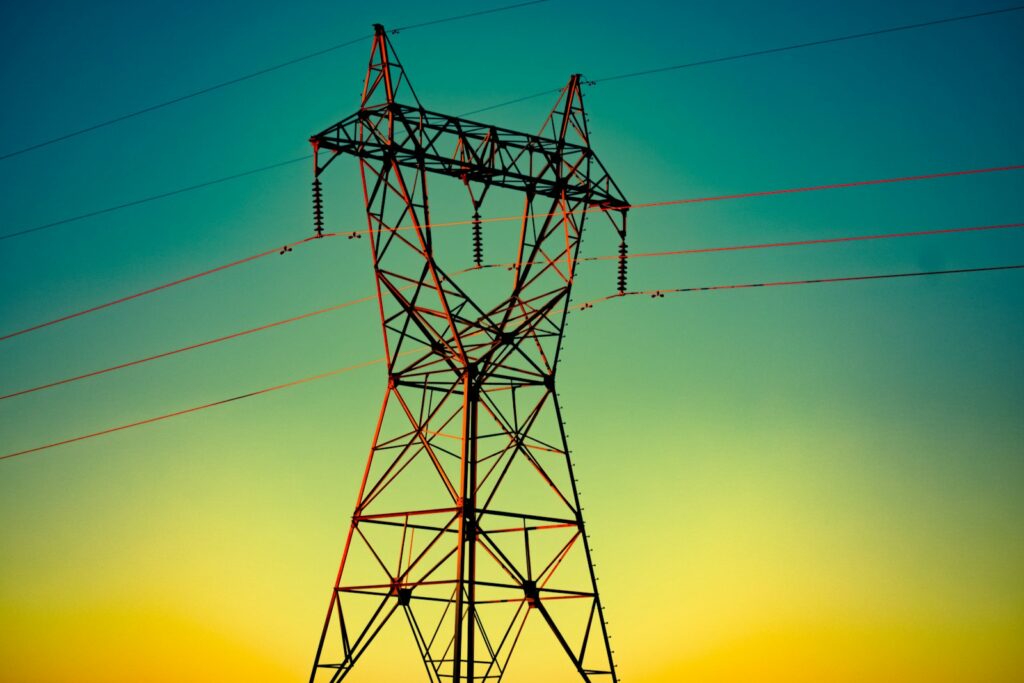Despite bullish numbers on inflation, the devil was in the detail of Chancellor Jeremy Hunt’s big reveal.
The Autumn Statement was delivered to Parliament at lunchtime today, Wednesday 22nd November, promising tax breaks and pension reform.
Last year, the annual unveiling of economic policy, effective from April, was dominated by the energy crisis and war in Ukraine. This time talk of power was largely focused on growth compared to other G7 countries – or at least avoiding a recession – and the tech sector.
Energy did factor, with customers living close to newly built infrastructure such as pylons in line for cut price bills. And widely reported long-term delays to connect major projects to the National Grid were also addressed with a promise to cut waiting times by 90%.
Given some developments were told they might be waiting until the mid-2030s before being brought online, this is welcome news. Nevertheless, there will still be a significant backlog for a while to come, raising the spectre of zombie projects – dead in the water before operations begin as innovation and requirements change over the coming decade.
When it comes to energy bills, though, it’s more about what wasn’t said than what was included. A lower cap on pricing is in place compared with last winter, but many still face a difficult few months as most will not receive any Government support. Now more than ever this paints a picture of policy failure, a squandered opportunity to invest in long-term plans rather than ill-conceived and wildly expensive universal assistance.
Had Downing Street opted to spend money on upgrades to boilers and insulation for some of Europe’s least energy efficient housing stock, many households would be better protected against the impending winter temperatures. Their energy use would fall, saving money and resources. This approach may have also helped with our national image, dented if not decimated by successive u-turns on environmental policy, with some arguing the Autumn Statement was a missed opportunity to emphasise climate-aligned plans ahead of the COP28 climate summit next week.
‘With crucial UN climate talks less than a week away, there was little in this statement to boost the UK’s rapidly evaporating credibility on climate change,’ said Mike Childs, Head of Policy at Friends of the Earth. ‘There was cold comfort for the millions of households bracing themselves for yet another winter in damp, freezing homes that they can’t afford to heat. Yet again the Chancellor was silent on the need for a national drive to insulate homes – the most significant measure to reduce sky-high energy bills.
‘Although Jeremy Hunt put forward support for green industry in his speech, the elephant in the room once again is energy efficiency – despite it being one of the quickest, easiest and least costly things we could do to improve people’s lives. Why would a Chancellor not do this?,’ asked Cara Jenkinson, Cities Manager at climate solutions charity Ashden. ‘After rolling back on net zero targets last month, there has been a stony silence on energy efficiency – leaving people exposed to cold homes and high bills. The energy efficiency industry once again faces an uncertain future, jeopardising the chance to create decent jobs across the country.’
More on energy:
University of Surrey energy algorithm can drive greener grids
Image: David W. Meyer

















